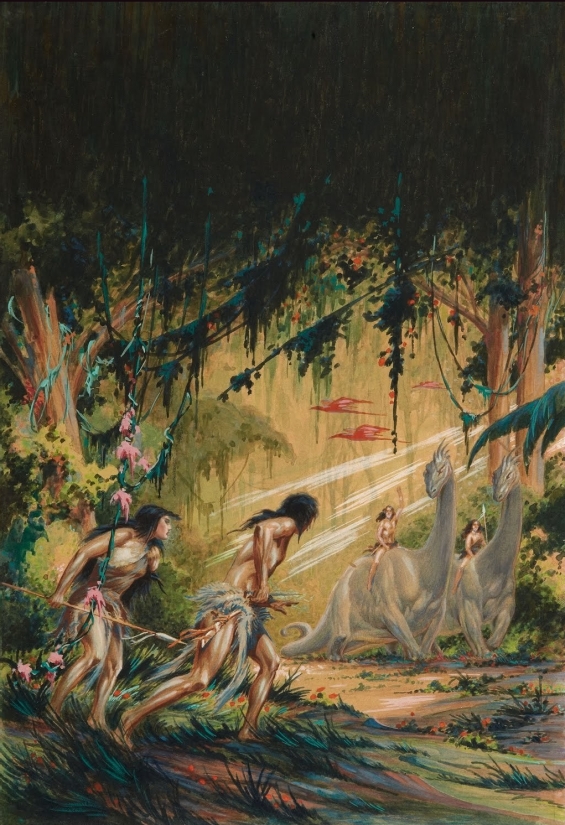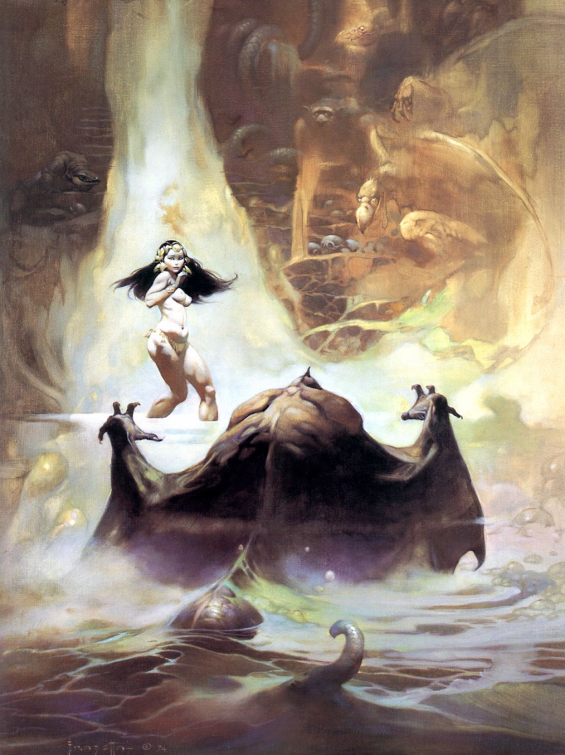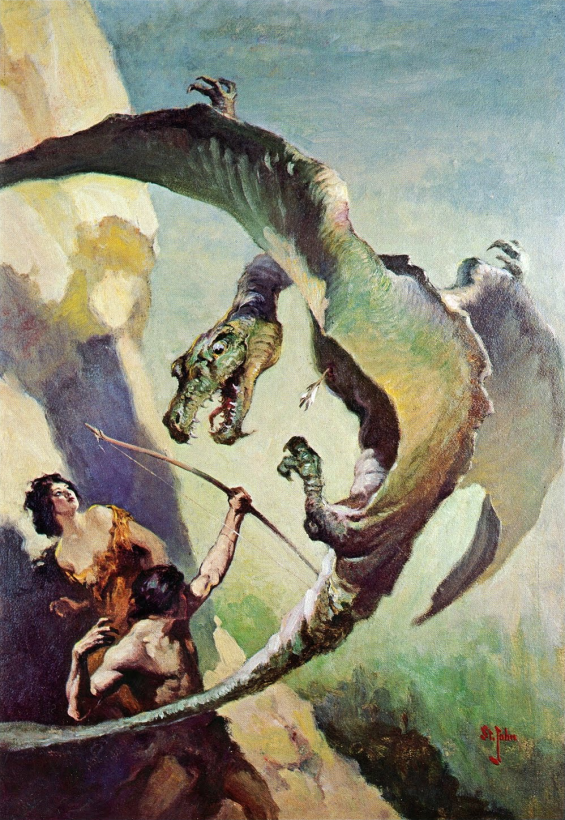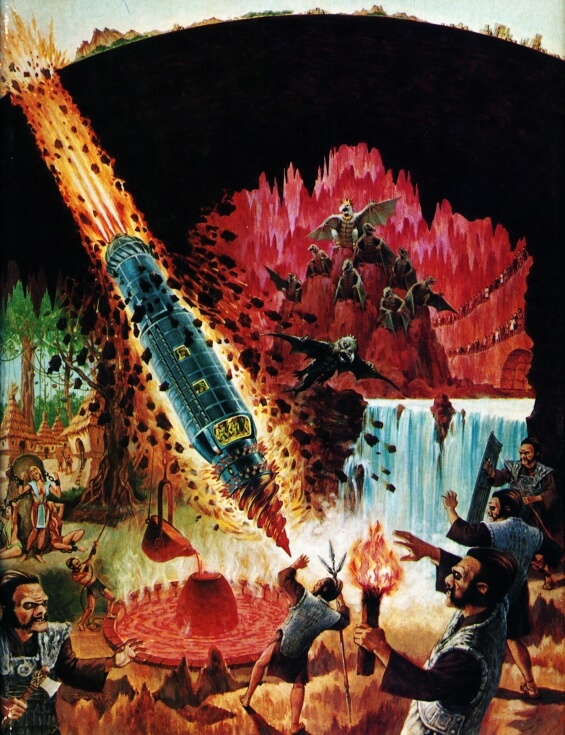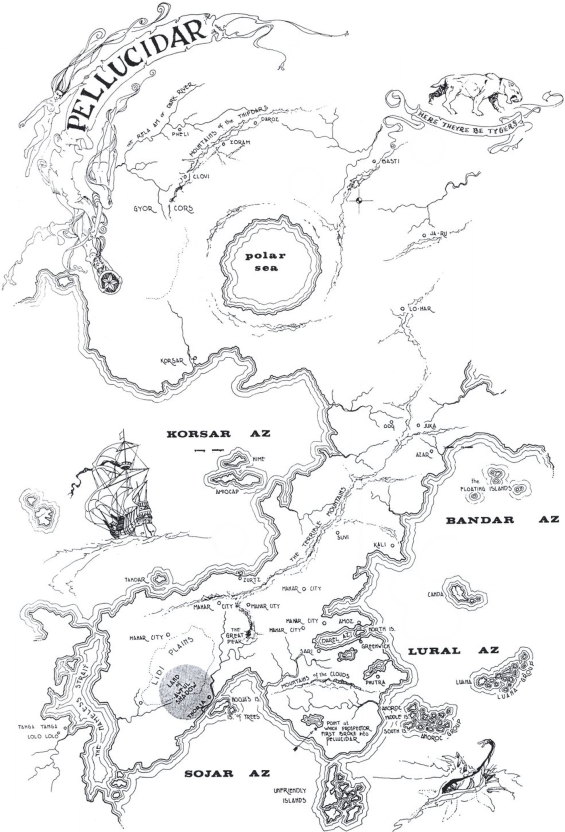

For the last couple of decades I’ve lived on the same street as my public library. That’s been one of the reasons that I live where I do. But today the local branch of Coquitlam’s public library moved two blocks south and opened for the first time.
The new address is 1169 Pinetree Way.
And the new space is great, very open, with plenty of study areas, and lots of room to grow the collection – and best of all it’s still within walking distance!
The first thing I did when I got there was to make a donation to the library’s collection, a combination of paperbooks, DVDs, comics, and audiobooks. Patrons of Coquitlam public library system should soon see these items on their shelves:
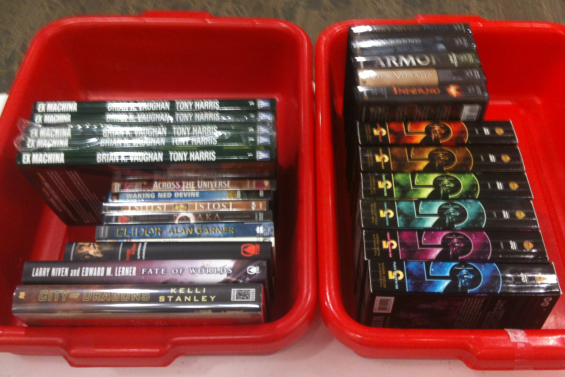
Here’s a partial list:
City Of Dragons by Kelli Stanley |SFFAUDIO PODCAST #061|
Fate Of Worlds by Larry Niven and Edward M. Lerner
Elidor by Alan Garner
Brian K. Vaughan and Tony Harris’ Ex Machina (volumes 1-5)
The complete Babylon 5 DVD set (all five seasons plus the movies)
Inferno by Larry Niven and Jerry Pournelle |READ OUR REVIEW|
V For Vendetta by Steve Moore |READ OUR REVIEW|
Armor by John Steakley |READ OUR REVIEW|
I Am Legend and Other Stories by Richard Matheson |READ OUR REVIEW|
And here are some shots of the library’s facilities:





Posted by Jesse Willis


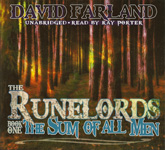
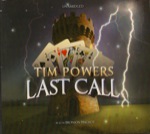
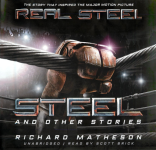


 The SFFaudio Podcast #167 – Jesse, Tamahome and David Stifel talk about At The Earth’s Core by Edgar Rice Burroughs.
The SFFaudio Podcast #167 – Jesse, Tamahome and David Stifel talk about At The Earth’s Core by Edgar Rice Burroughs.
